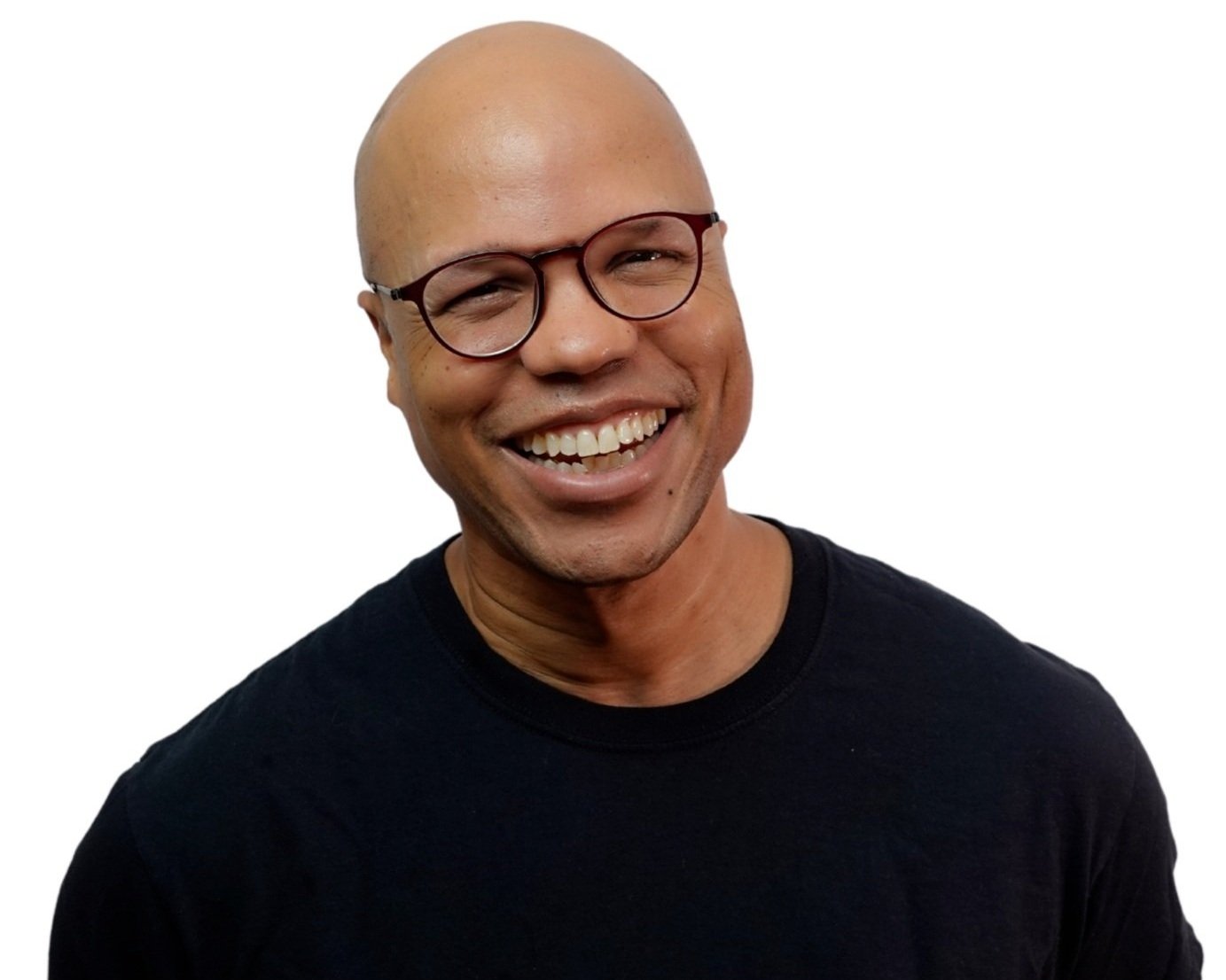Examining Unprofessional Behavior
Unprofessional behavior is troublesome inside and outside an organization. It impacts people and process within its circle of influence. When left unaddressed, the chronic nature of it can lead to significant, negative byproducts and eventual outcomes.
While many individuals and organizations choose not to address it, those that do don’t always do so effectively. So, what’s behind the behavior and what can prove to be a more successful strategy response? This Communication Intelligence Special Series takes a look at those questions, through the knowledge, insights and expertise of the following four sources.
Dr. Nicki Nance, a psychotherapist and an associate professor of human services and psychology at Beacon College in Leesburg, FL., provides and easy-to-read guide to gaining clarity and understanding, how the behavior hurts the individual and invites certain problems and suggestions for assisting the struggling person.
Hilmon Sorey, co-founder and managing director at ClozeLoop, a sales strategy, training and enablement firm, names two dominant reasons why people might resort to behavior labeled unprofessional and explains what is happening and why in those situations. It might surprise you.
Sorey also discusses the challenge created and how to help a colleague or person under your leadership feel heard and work through the difficulty successfully.
Cynthia Moore, an executive coach at Cynthia Moore Coaching, discusses how unprofessional behavior can be rooted in different levels of consciousness, what might be going on in the mind and why people do what they do.
She talks about how unprofessional behavior can lead to relationship deterioration, reputation harm and surprisingly to other people, burnout. Moore also converses about how coaches can skillfully go about addressing the thinking and reactive behavior.
Tonya McKenzie, a leadership consultant and founder of Sand & Shores, a niche public relations firm, converses about her leadership observations and experiences as to why people struggle with desired behavior in the workplace and where at least part of the responsibility for it lies.
She talks about the costs to the person acting in a way exhibiting lower-level discipline and self-control, how executives and managers can address the challenges and why they should for the good of their workplace culture, organization as a whole and yes, even their own benefit.



